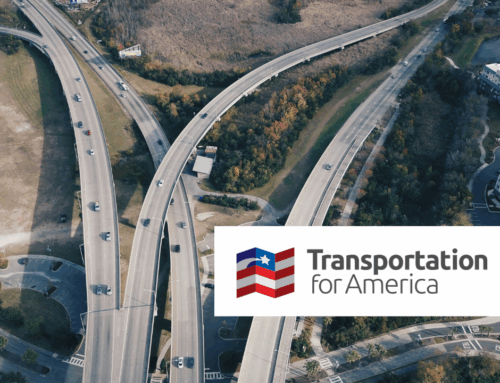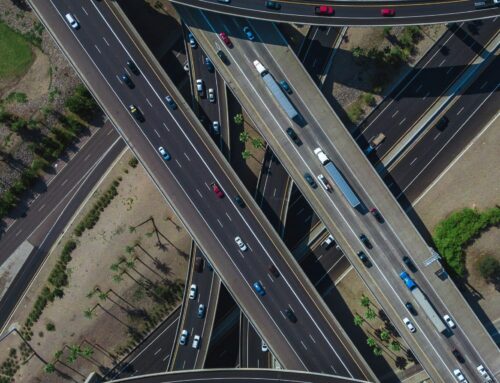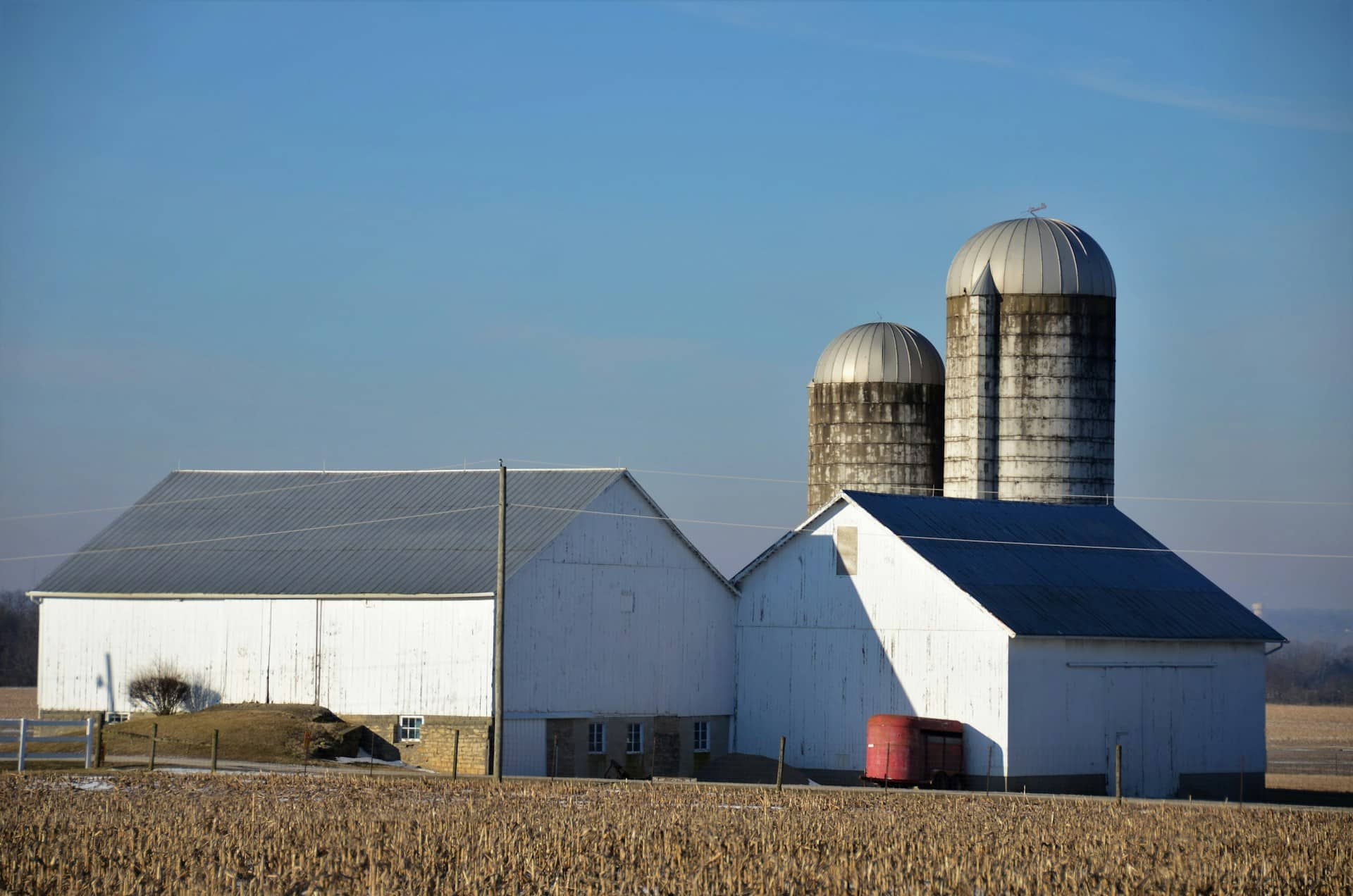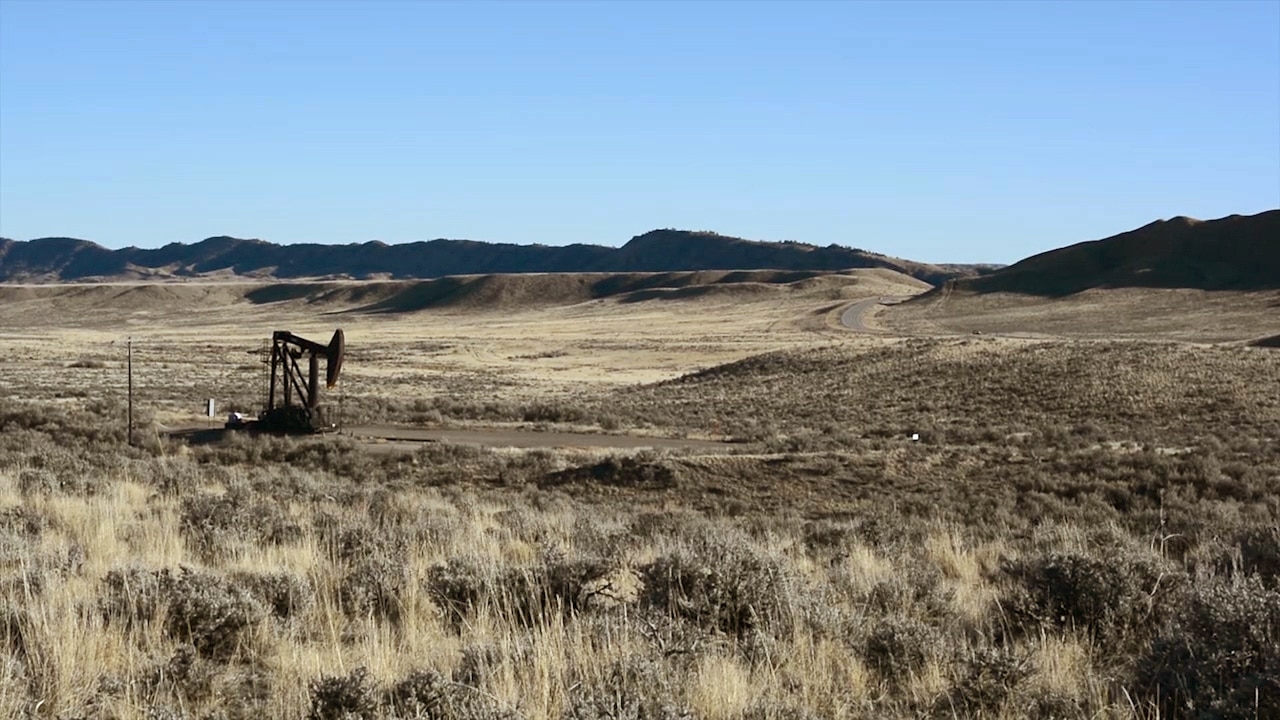A few minutes before 1 AM Saturday morning the Senate started voting on S. 612, the Water Infrastructure Improvements for the Nation Act (WIIN). Eventually passing 78-21 over bipartisan opposition, it marked the last recorded vote of the current Congress.
WIIN is an omnibus water legislation. The main component is the Water Resources Development Act (WRDA), a water projects and policy legislation bill for the U.S. Army Corps of Engineers which normally passes with single digit opposition. The 2014 version passed 91-7. We certainly have problems with the WRDA portion. The bill increases the federal share of port deepening costs, creates unnecessary set asides for “donor” and “energy” ports, and fails to reform the massive cross-subsidies in the existing maintenance dredging program. It also fails to address the largest challenge facing the Corps of Engineers – the lack of a prioritization system to allocate the limited tax dollars going to the agency. Instead it continues to lead the agency down the primrose path of letting non-federal interests dictate the direction and priorities of the federal program. Many provisions enable non-federal interests to “loan” the Corps of Engineers cash to study, complete, or even operate federal projects. These “loans” would almost certainly be repaid and would reduce Congressional oversight of tax dollars. Projects with the cash behind them would go to the front of the line, cutting ahead of other projects that may have greater economic returns or be more critical for the safety of people and property.
But these problematic WRDA provisions are not what led the ranking members of the relevant Committees to vote against a bill on which they were original co-sponsors. It wasn’t a Native American water rights settlement, provision to send cash to Flint, Michigan to deal with the lead in the water crisis, or any of the myriad other water-related provisions included in the omnibus water bill.
No, what started to dry up support was Subtitle J of Title III: “California Water.” Ostensibly a drought package, this section was negotiated by House Majority Leader Kevin McCarthy (R-CA) and Senator Diane Feinstein (D-CA) behind closed doors and emerged at the last possible legislative moment. Despite its lack of legislative scrutiny, the section makes sweeping changes to more than a century of precedent regarding taxpayer-subsidized water storage projects in the West. Instead of going to Congress to approve new water projects, once the Bureau of Reclamation decides they are good to go, the Bureau can enter into binding agreements to authorize and construct new water storage projects. There are no limits on the total cost of the dams and other facilities the Secretary of the Interior could authorize under this provision. The existing program has already cost taxpayers billions of dollars, and this gives Interior a blank check to create more subsidized water projects.
The section also diverts cash away from the Treasury to soak taxpayers further. Under current law, western water users repay taxpayers after water storage projects are completed. They are in essence interest free loans foragricultural interests. This California Water section would redirect $335 million of these repayments away from the Treasury, and any other spending priority, and back into building more water projects. A perpetual motion subsidy machine to rip off taxpayers!
Few people do their best work in the wee hours of the morning. Senators are no different. So it is hardly surprising, but severely disappointing that they stuffed this piece of costly coal in taxpayers’ stocking.










